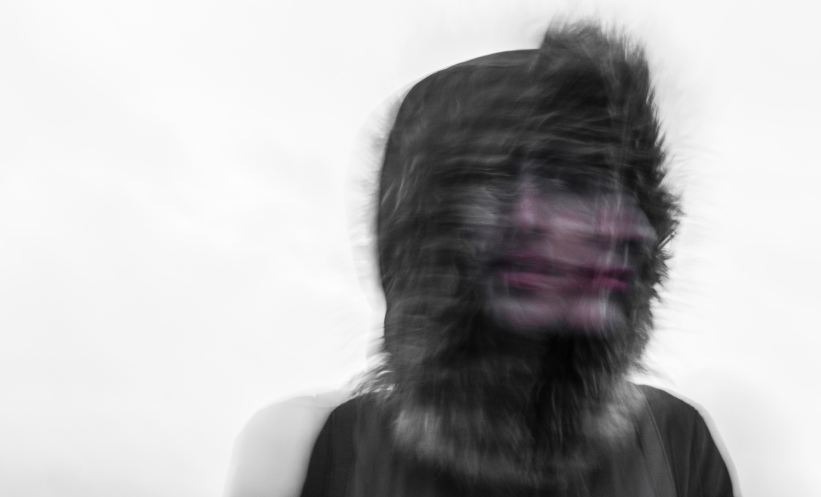Delusions and hallucinations are the same given the fact that they are both wrong, but they seem natural to the person who is experiencing them. Certain mental illnesses cause both, but injuries or medical conditions can also trigger them. A delusion is a false idea that the person insists on believing despite the evidence. At the same time, a hallucination can involve feelings and senses that are real but is not. Both of them are always a cause for concern, which is why in this article, we are going to help you understand more about these situations.
Delusions vs. Hallucinations
Both delusions and hallucinations are a feature of mental illnesses and psychosis, and they can both trigger psychotic episodes such as schizophrenia. But there are also other triggers and causes, such as physical medical conditions. An episode of a delusion or hallucination may not immediately indicate a severe underlying condition. This is why a person should be checked out and evaluated by a mental health professional or a medical doctor.
A delusion makes a person feel that some is real but isn’t. it is a false belief that the individual experiencing it thinks it’s absolutely true. A delusion is not a belief that is wrong because of a person’s education, culture, intelligence, religion, and another similar factor, and it is false in the sense that it has some abnormality in the individual’s thinking. The person experiencing delusion will believe that it is real even if they are repeatedly shown evidence that it is not.
On the other hand, a hallucination is anything that is heard, felt, seen, or smelled that is not real. The person experiencing a hallucination may believe that what they are feeling is real, and everything about the sound, vision, voice and other sensations they are feeling seems very real.
Both delusions and hallucinations are disturbances. In reality, they are experiences that feel real to the person experiencing them. The difference is that the person experiencing hallucination may sometimes realize that what they are sensing is not valid. When a person has a mental illness, delusions and hallucinations can often occur together.
Types of Delusion
Any experience of persistent and false belief may be a delusion, and however, just like hallucinations, there are some common categories or types of delusions which are often triggered by a psychotic episode or a mental illness.
- Jealousy– Delusions of jealousy make someone think that their partner is unfaithful to them.
- Persecutory– This type of delusion makes a person believes that someone is mistreating them or out to get them.
- Somatic– This type of delusion makes a person believe that they are sick or physically disabled.
- Grandiose – A grandiose delusion is a person believing that they are related to someone famous or important, have special powers, are rich, and have exceptional abilities or talents.
- Bizarre – Delusions are not always non-bizarre, which could be accurate but aren’t. This type of delusion cannot be entirely true, such as believing that someone can control other’s minds.
Types of Hallucination
As we mentioned, hallucinations can be anything related to senses, and people that have the same condition can experience hallucinations that can be totally unique. Here are some types of hallucinations:
- Hearing voices, most of the time, the person experiencing hallucinations believes that somebody is commanding them to do something.
- Feeling that something is crawling on your skin.
- Smelling an odor that is not there.
- Seeing different patterns or lights
- Feeling a sensation of being outside one’s body.
Conclusion
According to research, perfectly healthy people can sometimes experience hallucinations, not delusions. But, if you have other symptoms or these weird sensations and falls believe persists, do not hesitate to seek mental health or medical care. A doctor and a mental health professional can rule out any medical conditions, screen and diagnose an underlying mental illness. If they conclude that a mental illness is causing the symptoms, they will give you a treatment plan that may involve therapy and medications that can help you get better.
